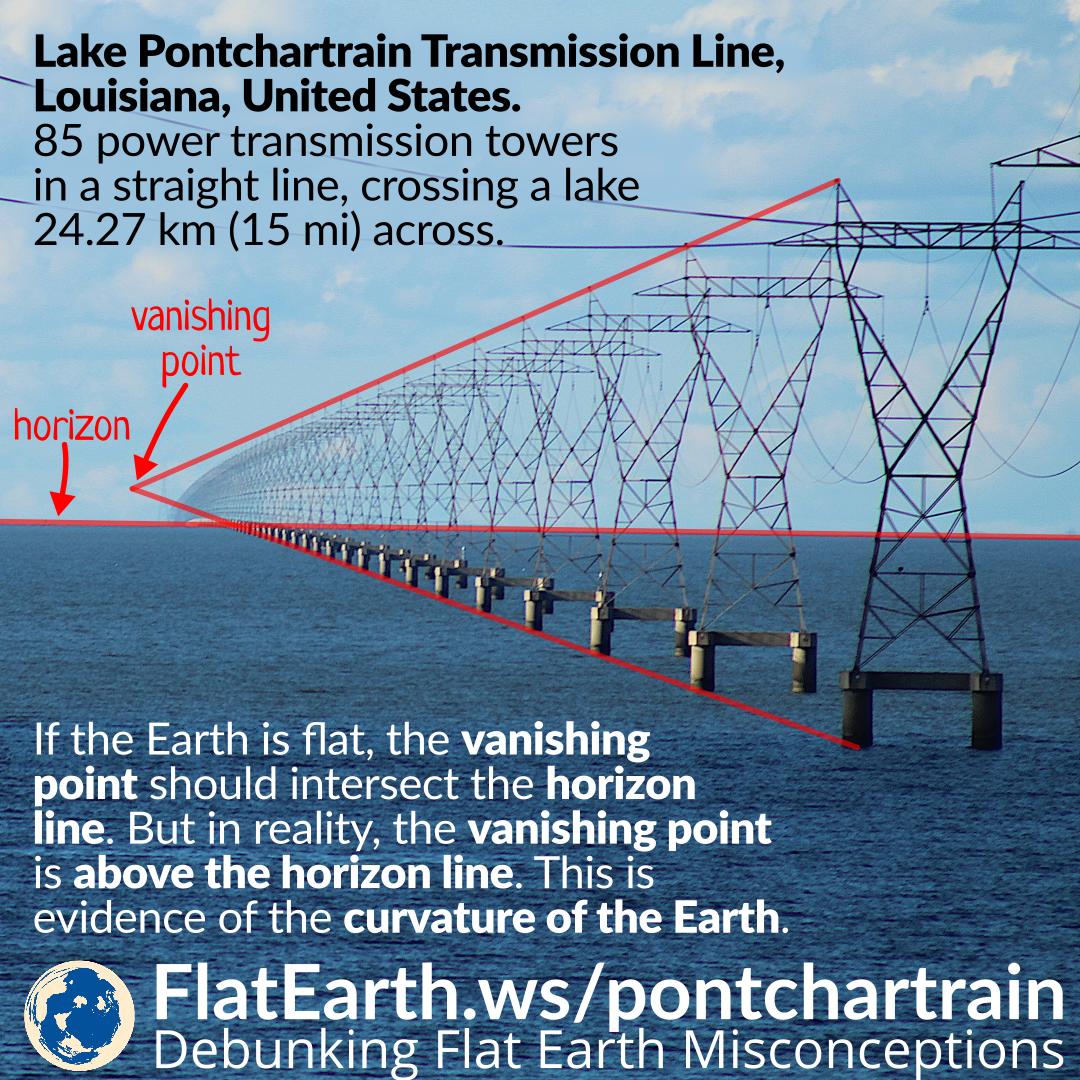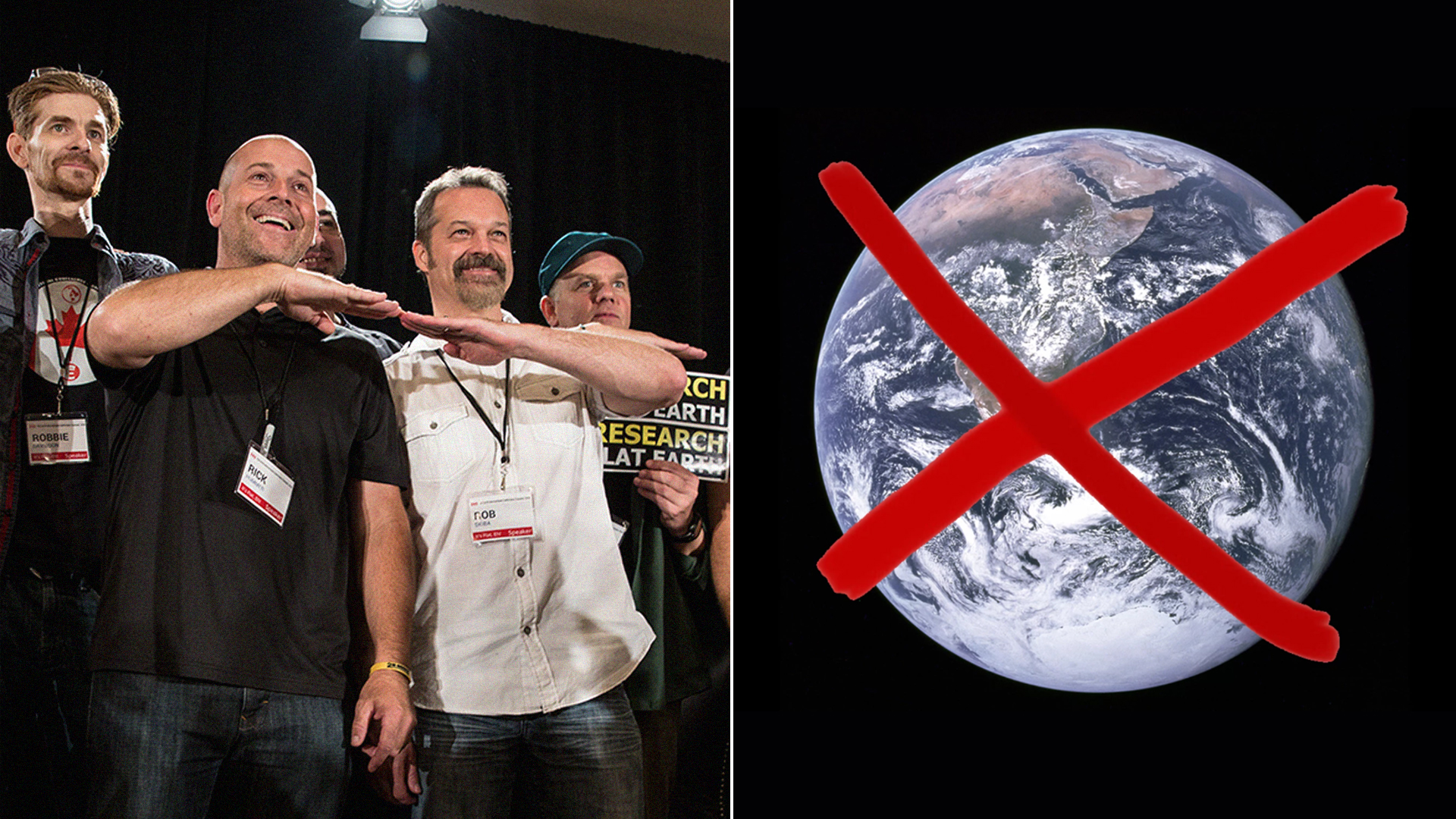

They’re right that you don’t know the Earth is round. Where flat-earthers go wrongįlat-earthers are pulling the same trick. It is only in Phoebe’s weird context that Ross does not know evolution is true. He does know evolution is true in most everyday contexts. It’s now easy to see how Ross can face the other science guys. Most people, though, ignore this possibility - most people assume themselves not to be in a skeptical context. By bringing your attention to that, I put us in a skeptical context within which we don’t know much of anything. For instance, you could be plugged into the Matrix and, if you were, then every belief you had would be false. Philosophers are well acquainted with these skeptical contexts. #WednesdayWisdom /4cOGOxBGt4- Flat Earth Society March 28, 2018

It is also not a ball, nor an oblate spheroid. But Phoebe moves him to a “skeptical context” in which if there’s a hint of doubt about something - any possibility that you might be wrong - then you don’t know it at all.Ĭontrary to popular opinion, the Earth is not a sphere. Ross’s proof starts off relying on fossils in museums, books, and articles on evolutionary biology, and so on. He’s a paleontologist and, having admitted he can’t be sure about evolution, how can he “face the other science guys”? Suddenly, Phoebe has him - Ross’s admission destroys his worldview. Can he be so unbelievably arrogant, she asks, that he can’t admit the slightest chance that he might be wrong? Sheepishly, Ross agrees that there might be a chance. Ross piles on the evidence thick and fast. That said, I claim flat-earthers are doing a “Phoebe.” In one episode from the sitcom Friends, Phoebe and Ross argue about evolution. And in that case, you don’t know the details. In the second case, even though nothing about you has changed, the context has. The contextualist says that in the first case, you know her bank details. Do you really know her bank details? Are you sure? Sensibly, you phone her to double check. You send the money.īut now imagine you’re transferring $50,000. Imagine you’re transferring $10 to your daughter. It only makes sense given a particular context.Įpistemic contextualists say that knowledge is the same. And it makes no sense to further ask whether I’m really tall or not. So in that context, the sentence is false. Consider the sentence “I’m tall.” Surrounded by 5-year-olds at a rollercoaster park, the sentence is true - after all, I can get on all the rides and they can’t.īut at the try-outs for the Harlem Globetrotters, my measly 5’11” won’t cut it. To understand what this is, we first must understand a familiar idea: context shift. I recommend letting philosophy do the work, specifically “ epistemic contextualism.” Getting knee deep in the vloggersphere, you might learn the details of the scientific proofs as well as painstakingly spelling out each error in every flat-earther’s rebuttal. And even if you know the details, unless you’ve indulged existing flat-earth literature, you are unlikely - right here, right now - to be able to cogently, concisely, and comprehensively respond to the lengthy rebuttals flat-earthers will give to each and every scientific proof. But unless you’re unusual, you probably don’t know all of the details of the scientific proofs. Perhaps you then start to appeal to science. The standard of proof is higher, they say. Or possibly you rely on the testimony of astronauts.

Consider one, standard, flat-earth line: “Can you prove the world is round?” Maybe you point to the ( often artificially assembled) photos of Earth from space.


 0 kommentar(er)
0 kommentar(er)
